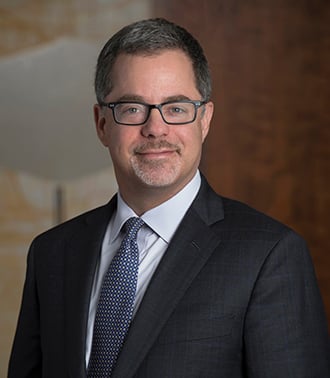The Role of Carbon Capture and Direct Air Capture Technology in Achieving Climate Goals
The IPCC and the Biden Administration have each recently emphasized the critical role that carbon capture, utilization and sequestration (CCUS) and direct air capture (DAC) technologies must play in order to achieve global climate change goals. How do these technologies work and what do they offer? Are existing state and federal legal frameworks up to the task? How can these technologies be developed responsibly and in a manner that incorporates principles of equity and inclusion?
To examine these issues in a constructive and forward-looking manner, Arnold & Porter and the Environmental Law Institute are pleased to co-host a roundtable discussion. Panel speakers with diverse perspectives and extensive experience in the government, the private sector and NGOs will evaluate and discuss key legal and policy considerations, including questions around developing CCUS and DAC at scale. Join us for a conversation that regulators, carbon capture proponents, environmental and energy lawyers, and other stakeholders won’t want to miss. Details below:
Date: July 18, 2022
Time: 2:00–3:15 PM ET
Speakers:
Dr. Julio Friedmann | Chief Scientist and Chief Carbon Wrangler, Carbon Direct
Dr. Rudra V. Kapila | Senior Policy Advisor for Carbon Management, Third Way
Dr. Jennifer Wilcox | Principal Deputy Assistant Secretary for the Office of Fossil Energy and Carbon Management, US Dept. of Energy
Jeremee Wetherby | Emerging Technology and Incubators Product Line, GE Gas Power
Ethan G. Shenkman | Partner, Arnold & Porter
Sarah Grey | Senior Associate, Arnold & Porter (Moderator)
Watch a recording of the webinar here.
© Arnold & Porter Kaye Scholer LLP 2022 All Rights Reserved. This blog post is intended to be a general summary of the law and does not constitute legal advice. You should consult with counsel to determine applicable legal requirements in a specific fact situation.


